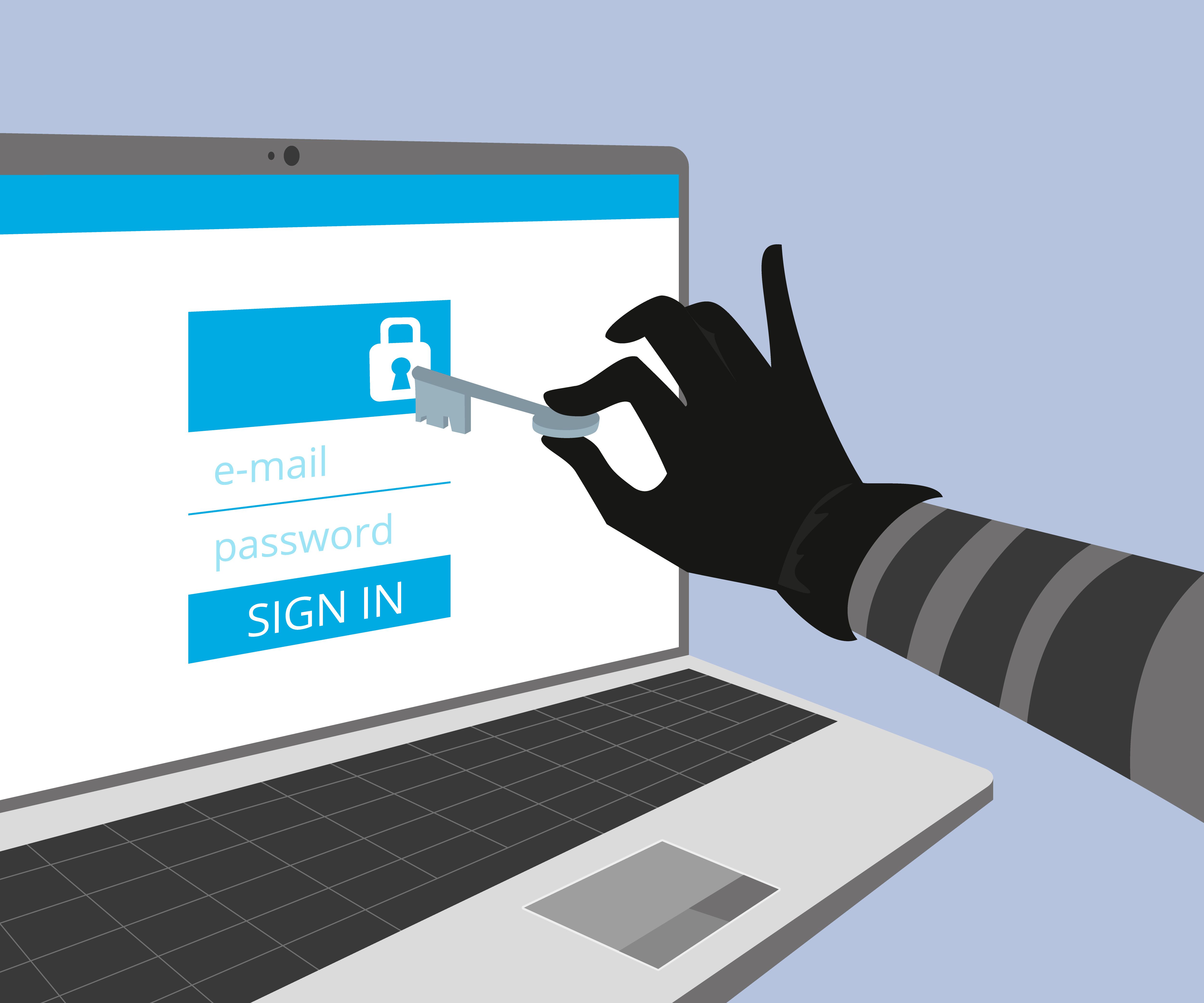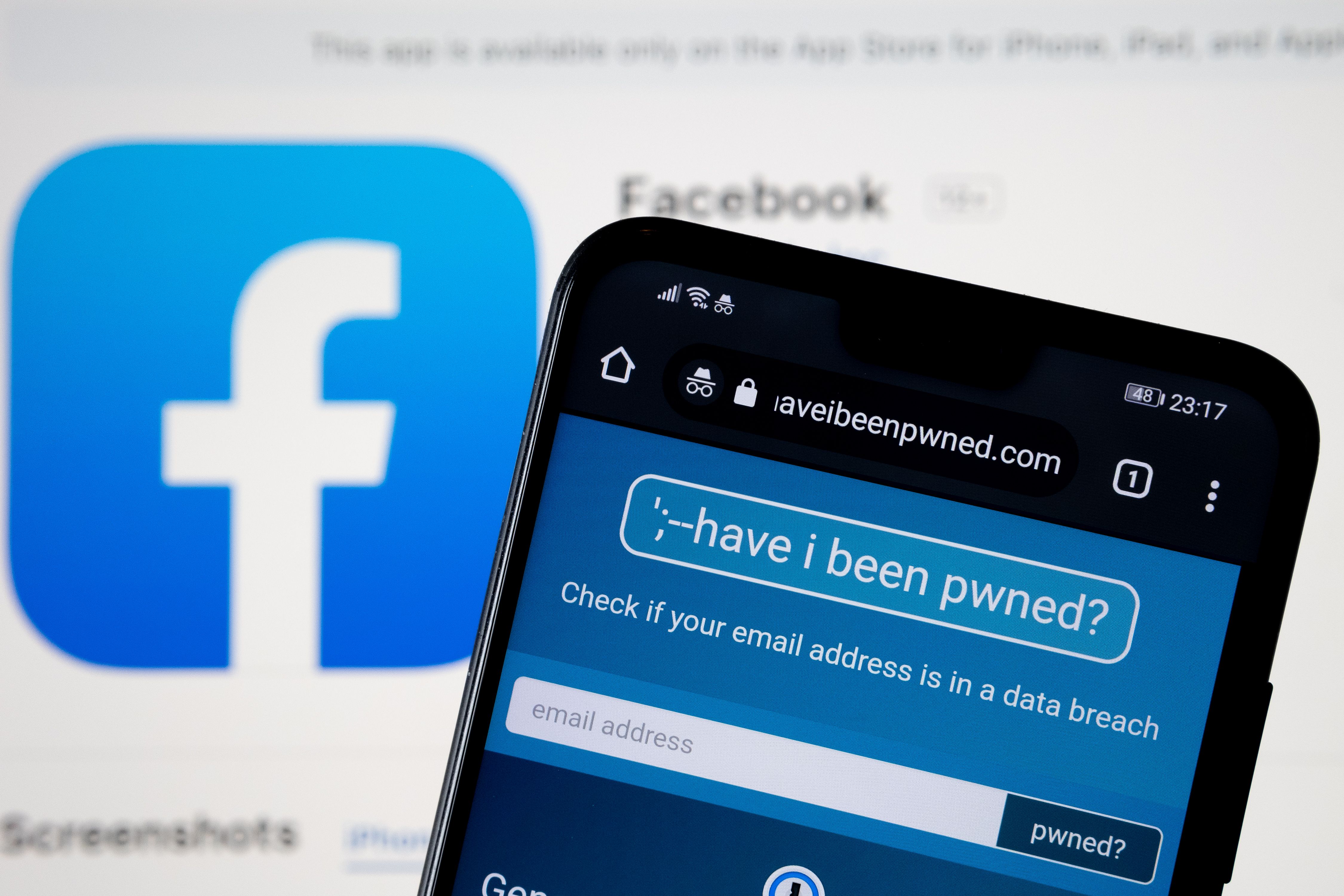So it turns out that your email address leaks onto the internet during a data breach... but so what? Why should you care? But you really should care; it's just that how much you care depends on how much was leaked.
So how might a leaked email address affect you? What's the harm?
What an Email Leak Means for You
When you're caught up in an email leak, the severity of the damage depends on how much information is leaked about you. The more data is leaked, the more you should worry.
When an Email Leak Reveals Your Current Password
A leak involving both your email address and your current password is one of the worst outcomes. Usually, an email provider won’t leak the details themselves. It’s far more likely that a website that uses your email address as your username will suffer this kind of leak.
Of course, if you used a different password for each of your accounts, the problem ends here. Unfortunately, if you use the same password for every account, this leak reveals all the information hackers need to get into your email account.
So, what can a hacker do with your email, anyway—steal your family recipes? Well, it’s a lot worse than that. When you forget the password for a website, it usually sends an email to your registered address. And if your hacker has access to that, then they can ask for password resets for your accounts and change them to something only they know.
When an Email Leak Reveals an Old or Different Password
Sometimes, a leak reveals an old or different password to the one on your email address. Perhaps you used to use one password for everything but then changed the locks on all of your accounts. Or the leak hit a website where you use a different password than your email.
Fortunately, this does mean that the hacker can’t get into your account. However, they can still use this knowledge to their advantage by scaring you into thinking they know more than they actually do.
For instance, they may send an email that includes the password in their email. They then claim that they got it through advanced hacking techniques when instead they gleaned it off a big leak.
The hacker will then try to intimidate the user into paying a fee to stop their activities. Of course, the hacker isn't doing any particular activity past looking at leaked credentials... but sometimes the fear is enough to encourage people to pay up.
When an Email Leak Reveals Just the Address
If you’re lucky, a leak may just reveal your email address but no passwords. This scenario is a lot less severe than if someone got a hold of your passwords, new or old—but it can still be a pain.
For one, online scammers and spammers now know your account is active and in use. These two groups want to send as many emails to active accounts as possible. If they target a non-existent or inactive account, that's wasted time that they could spend targeting active ones.
As such, once your email address leaks, expect a lot of spam and scam emails to flood in. You’ll see a range of emails, from product ads to people asking for your hand in marriage to scams trying to get you to click a link or download an attachment.
Fortunately, modern-day email providers have excellent spam filters that automatically catch many of these nasty messages. However, it’s still a slog to trawl through endless heaps of spam to look for any legitimate emails that got caught in the crossfire.
What to Do If Your Email Address Is Leaked
Once your email address is leaked, your recommended plan of action depends on how severe the breach is. The worse it is, the more you’ll have on your plate.
If the leak reveals your email address and current password, you’ll need to log in and change your password ASAP. If you use that same password on your other accounts, you’ll need to change them too.
In the future, it’s a good idea to use a different password for every website to prevent this from happening.
If the leak reveals an old password or one you use for a different website, change the details for any service that still uses that password. Other than that, you should be safe from hacking attacks.
However, expect to receive some spooky-sounding emails from hackers telling you your own password and saying they’re elite hackers. All they did was trawl through the leaked database, and anyone in the know can do that.
If the leak only shows your address, you don’t have to fear or do anything. However, get ready for spam to begin flooding your account. Hopefully, your email provider will automatically filter it out, but if not, you’ll need to do it yourself.
It's always a good idea to keep an eye on websites that track leaked accounts and what kind of information was leaked from them. They're a handy way to keep on top of data breaches and could mean the difference between you securing your account or a hacker getting in before you.
How to Prevent an Email Address Leak
If a leak hasn’t happened to you yet, you can set up your digital life in a way that reduces the chance that someone will get their hands on your email address.
Of course, you can’t control if and when a data leak occurs. Every time you sign up for an account on a website, your details are stored on their servers. After that, it’s down to the company’s cybersecurity strength to keep the hackers out—something you have zero control over.
And you can’t just place your bets on a big company on the premise that they’re “too big to hack.” Plenty of large tech companies have suffered breaches in the past, proving that no company is 100 percent safe.
What you can do, however, is create a new email account which is your “internet-facing” one. It’s the one you use to create accounts with and give away to newsletters. It doesn’t matter if it’s revealed in a link and spammed to hell and back; that’s what it’s for.
Meanwhile, your personal or work email account is hidden away from prying eyes. Only give it out to those you trust, like family, friends, and co-workers. Never use it to sign up for anything to prevent it from leaking out.
Addressing the Problem of Leaked Email Addresses
If your email address is leaked to the public, the consequences can range from annoying spam to account theft. Now, you know the severity of a leaked email address and what to do if it does reach the hands of strangers.
While email security is on your mind, why not check out an encrypted email provider? They're a fantastic way to ensure nobody is snooping on your correspondence.
Image Credit: Abscent/Shutterstock.com



